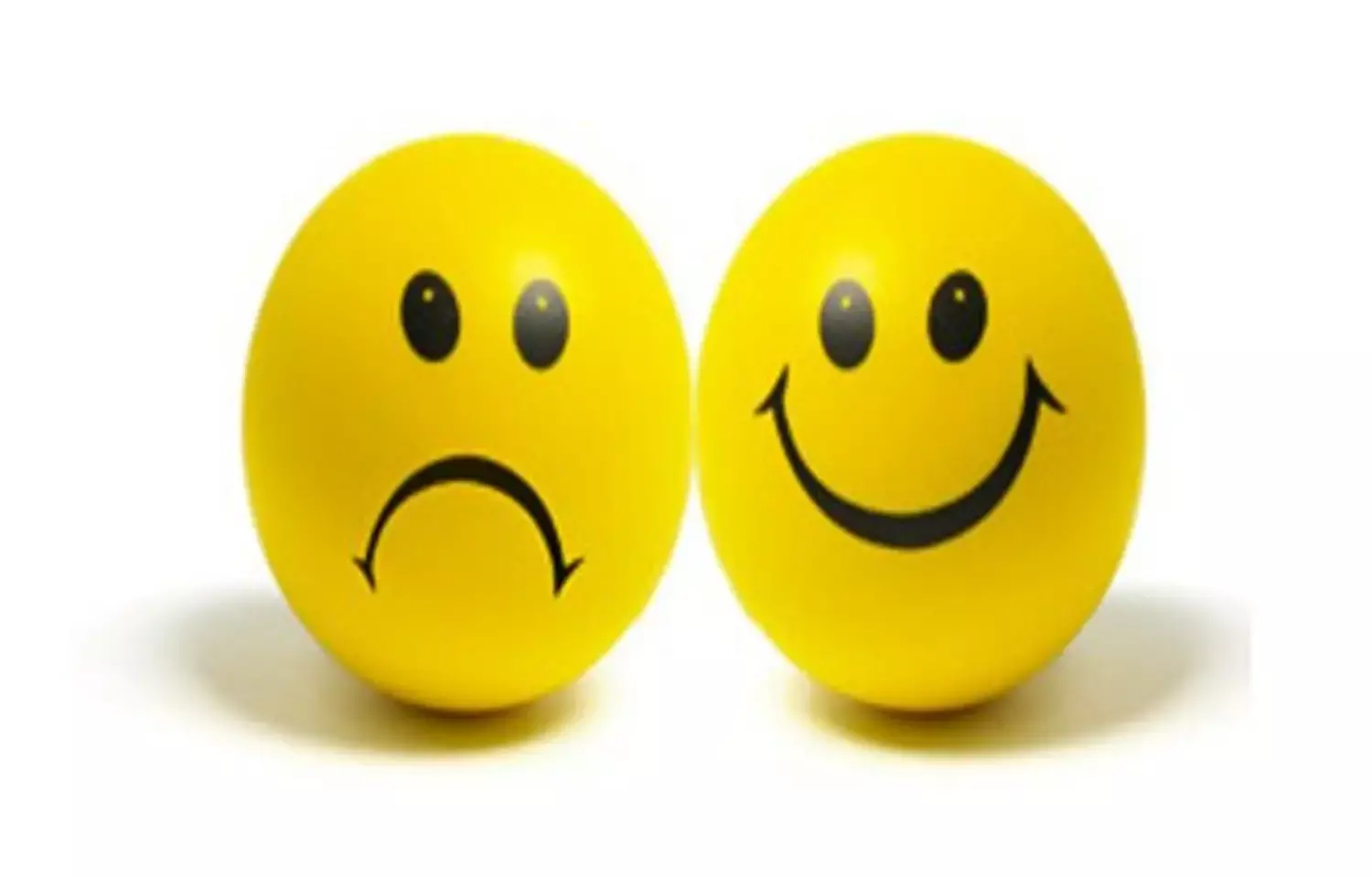- Home
- Medical news & Guidelines
- Anesthesiology
- Cardiology and CTVS
- Critical Care
- Dentistry
- Dermatology
- Diabetes and Endocrinology
- ENT
- Gastroenterology
- Medicine
- Nephrology
- Neurology
- Obstretics-Gynaecology
- Oncology
- Ophthalmology
- Orthopaedics
- Pediatrics-Neonatology
- Psychiatry
- Pulmonology
- Radiology
- Surgery
- Urology
- Laboratory Medicine
- Diet
- Nursing
- Paramedical
- Physiotherapy
- Health news
- Fact Check
- Bone Health Fact Check
- Brain Health Fact Check
- Cancer Related Fact Check
- Child Care Fact Check
- Dental and oral health fact check
- Diabetes and metabolic health fact check
- Diet and Nutrition Fact Check
- Eye and ENT Care Fact Check
- Fitness fact check
- Gut health fact check
- Heart health fact check
- Kidney health fact check
- Medical education fact check
- Men's health fact check
- Respiratory fact check
- Skin and hair care fact check
- Vaccine and Immunization fact check
- Women's health fact check
- AYUSH
- State News
- Andaman and Nicobar Islands
- Andhra Pradesh
- Arunachal Pradesh
- Assam
- Bihar
- Chandigarh
- Chattisgarh
- Dadra and Nagar Haveli
- Daman and Diu
- Delhi
- Goa
- Gujarat
- Haryana
- Himachal Pradesh
- Jammu & Kashmir
- Jharkhand
- Karnataka
- Kerala
- Ladakh
- Lakshadweep
- Madhya Pradesh
- Maharashtra
- Manipur
- Meghalaya
- Mizoram
- Nagaland
- Odisha
- Puducherry
- Punjab
- Rajasthan
- Sikkim
- Tamil Nadu
- Telangana
- Tripura
- Uttar Pradesh
- Uttrakhand
- West Bengal
- Medical Education
- Industry
More time spent in low blood sugar range tied to poorer mood in diabetes patients: Study

USA: The time in range (%TIR) within blood sugar targets is likely to boost daily mood in people with type 1 diabetes (T1D), suggests a recent study in the Journal of Diabetes and its Complications. The researchers further found that more time spent in severe hypergycemia or episode of fall of blood sugar is associated with poorer mood. Time in range is greater time each day within blood sugar targets (70 – 180 mg/dL).
W.H.Polonsky and A.L.Fortmann from USA investigated the impact of time in range on mood in adults with type 1 diabetes.
For the purpose, the researchers followed a cohort of 219 adults with T1D. All the participants has a real-time continuous glucose monitoring system (RT-CGM) for investigating how daily changes in CGM metrics was associated with nightly reports of positive and negative mood over a two-week period.
Key findings of the study include:
- Greater daily %TIR (70–180 mg/dL) and less time in "severe" hyperglycemia (% time above range (TAR) > 300 mg/dL) were both significantly associated with higher ratings on all positive mood elements and lower ratings on most negative mood elements.
- When entered together as predictors, %TIR but not %TAR >300 emerged as an independent predictor of many of the positive and negative mood variables.
- Neither daily changes in time spent in hypoglycemia (< 70 mg/dL) nor glycemic variability (represented by the coefficient of variation) were significantly related to reported mood.
"This study provides the first evidence that time in range (%TIR) is associated with, and likely enhances, daily mood. Consistent with previous studies, we also found that more time spent in "severe" hyperglycemia is linked to more negative mood," concluded the authors.
The study, "The influence of time in range on daily mood in adults with type 1 diabetes," is published in the Journal of Diabetes and its Complications.
DOI: https://www.sciencedirect.com/science/article/abs/pii/S1056872720305274
Dr Kamal Kant Kohli-MBBS, DTCD- a chest specialist with more than 30 years of practice and a flair for writing clinical articles, Dr Kamal Kant Kohli joined Medical Dialogues as a Chief Editor of Medical News. Besides writing articles, as an editor, he proofreads and verifies all the medical content published on Medical Dialogues including those coming from journals, studies,medical conferences,guidelines etc. Email: drkohli@medicaldialogues.in. Contact no. 011-43720751


